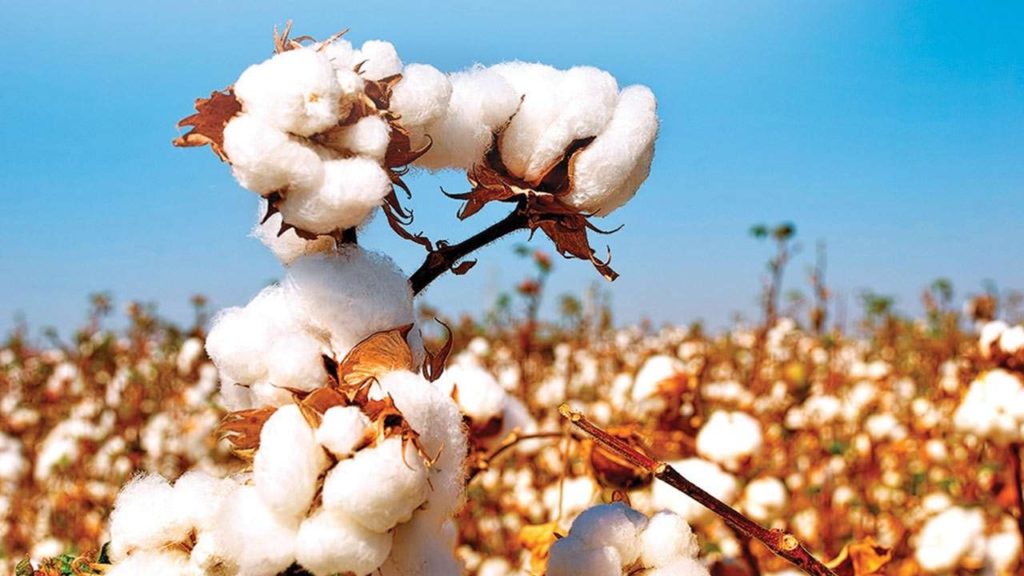Sowing of illegal GM seed lifts cotton area in parts of Maharashtra

Even as scanty rainfall has affected the overall kharif sowing in Maharashtra, cotton seems to be an outlier. The acreage under cotton is almost at the year-ago level and far higher than other kharif crops, partly driven by higher sowing of illegal herbicide-tolerant Bacillus thuringiensis cotton seeds, also called HTBt cotton seeds, mostly in the Vidarbha region, traders said.
Farmers are opting for cotton as it requires lesser water compared with other kharif crops. An errant monsoon–not just weak but also delayed–prompted farmers to shift to cotton. The new HTBt cotton variant is being preferred by farmer because yields are expected to rise significantly. Also, the cost of production is low because it requires less use of pesticides and saves labour cost on weed control. There is no scientific means to differentiate HTBt cotton from the other organic variants at the sowing stage and, hence, an acreage data under the banned seed may not be available. However, according to a rough estimate, in some parts of Maharashtra, HTBt cotton comprises nearly three-fourths of the total area under cotton.
“At least 75% of the cotton area in Chandrapur and Gadchiroli and a large part in Yavatmal is sown with HTBt cotton,” said Yavatmal-based cotton farmer Niwal Vijay, who also owns a ginning unit. According to the state government data, cotton has been sowed across 4.06 mln ha by the end of last week, making up for nearly 97% of the total area in the year-ago period. Cotton was sowed across 181,166 ha in Chandrapur district, up 38% on year, and 10,614 ha in Gadchiroli, more than double the year-ago level. In Yavatmal, cotton was sown on 452,050 ha, up 5% on year. Nagpur, adjoining Chandrapur, saw a sharp 107% rise in cotton sowing. Even though the use of HTBt seeds is not approved in India, it is being widely used by farmers. “Increase in the use of HTBt variety has majorly been contributing to rise in cotton area in the state,” said Ajit Narde, Shetkari Sanghatana activist. Narde said a large part of the barren land in Chandrapur and Gadchiroli, which receives very heavy rains every year and is not useful for other crops, has come under the HTBt cotton in last three-four years.
Though HTBt variety can’t be sold officially, a number of brands have been retailing hybrid cotton seeds with herbicide-tolerant gene for last three-four years, said a seed dealer in Akola. Primarily the HTBt cotton seeds were sowed in the Vidarbha region. But other districts such as Ahmednagar, Amaravati, Buldhana, Dhule, Hingoli and Jalna have also joined in due to support and participation by members of Shetkari Sanghatana. Interest in cotton has also been rising due to its resilience to weather vagaries relative to soybean, the competing kharif crop in the state.
Source- cogenics.com